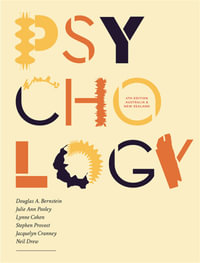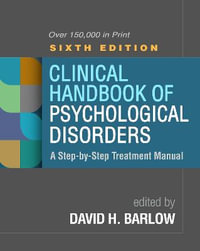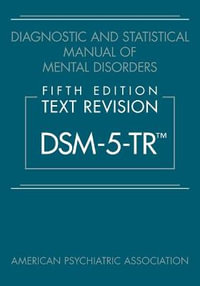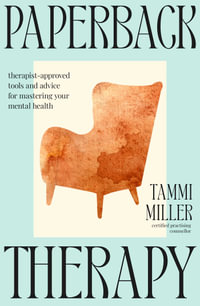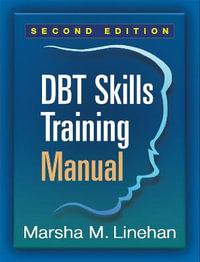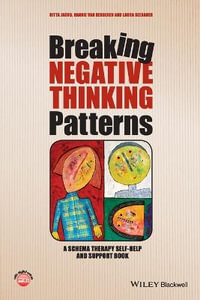The fundamental concern of psychotherapy is change. While practitioners are constantly greeted with new strategies, techniques, programs, and interventions, this book argues that the full benefits of the therapeutic process cannot be realized without fundamental revision of the concept of change itself. Applying cybernetic thought to family therapy, Bradford P. Keeney demonstrates that conventional epistemology, in which cause and effect have a linear relationship, does not sufficiently accommodate the reciprocal nature of causation in experience. Written in an unconventional style that includes stories, case examples, and imagined dialogues between an epistemologist and a skeptical therapist, the volume presents a philosophically grounded, ecological framework for contemporary clinical practice.
Industry Reviews
'Written almost 20 years ago, is a classic in the field of family therapy. It has aged well. The notions it so intricately spins forth are still vibrant, still vital for therapists and students who want to learn to think systemically - wisely - about the context and practice of therapy. Readers will appreciate Keeney's firm, yet relaxed, grasp of Bateson's ideas, his clear explanations, and his sense of irreverence.' - Douglas Flemons, PhD, Brief Therapy Institute, Nova Southeastern University; author of Of One Mind 'Aesthetics is a handbook of [cybernetic ideas] relevant to the clinician with an emphasis on helping the clinician understand the therapeutic context in which he participates and influences... Encourages us to reach for a more poetic, aesthetic approach to our thinking about and dealings with our clients.... The argument made that is persuasive is that cybernetic thinking can indeed enhance a therapist's chances of untying the knots of mental process embodied in the stories and experiences clients and therapists construct.' - AFTA Newsletter 'This is a rare text which deals unashamedly with complex theoretical issues in a way that relates directly to practice. It is unlikely that anyone who reads this with an inquiring mind will fail to be influenced in their practice.' - Journal of Family Therapy


